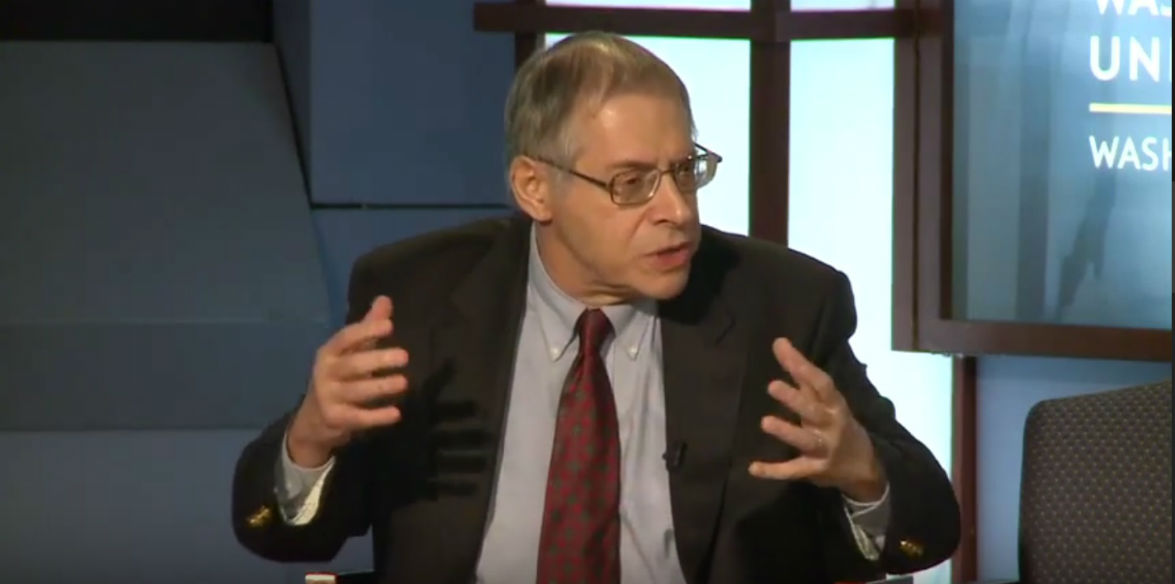The Administration’s argument against the Justice Against Sponsors of Terrorism Act (JASTA) is that it puts our relations with nations such as Saudi Arabia in jeopardy, and so also jeopardizes national security, since the Saudi monarchy is our very close ally in the Middle East, and also is a very important supplier of high quality oil to US markets. In addition, if we deny Saudi Arabia sovereign immunity against legal actions for money damages brought in US Courts by citizens who have been injured or whose loved ones have been killed as a result acts of international terrorism, then we are setting a precedent that invites other nations to set aside our own sovereign immunity for actions that we perform in the course of our foreign relations.
These arguments may have some merit provided that one accepts a few assumptions. First, that it supports national security for the United States to continue the state of the US’s present relationships with Saudi and other Middle Eastern governments as it is. Second, that it supports national security for the United States to protect itself against liabilities it might incur as a result of its actions relating to intelligence gathering, special operations, and drone operations in foreign nations all over the world.
But the consequences for national security of exposing governments assisting acts of terrorism to money damages, have to be weighed against the consequences of continuing to exempt the Saudis and others, including ourselves, from liability for their and our actions. The human costs to US citizens who were victims, or loved ones of victims of the 9/11 attacks, were extraordinary and very well-known. From the viewpoint of simple justice for US citizens, certainly an aspect of our national interest, they ought to have an opportunity for the redress in US Courts they may be able to get through JASTA.
But, apart from this, doesn’t it increase national security to remove the moral hazard that sovereign immunity creates for foreign governments assisting terrorist attacks? Doesn’t exposure in US Courts provide at least some deterrent for “allies” of ours who are playing a double game by assisting terrorists to attack the US, while in other contexts they combine to collaborate with the US to work toward shared goals? If the answers to these questions are yes, then there are trade-offs to be considered before concluding that national security is harmed overall by JASTA.
The New York Times editorializes:
The current debate is complicated by the fact that Saudi Arabia is a difficult ally, at odds with the United States over the Iran nuclear deal, a Saudi-led war in Yemen and the war in Syria. It is home of the fundamentalist strand of Islam known as Wahhabism, which has inspired many of the extremists the United States is trying to defeat. But it is also a partner in combating terrorism. The legislation could damage this fraught relationship. Riyadh has already threatened to withdraw billions of dollars in American-based assets to protect them from court action.
But, based on an analysis of the 28 pages the Congressional Report of the Joint House and Senate Intelligence Committees’ Inquiry on 9/11 that remained classified until July 15, 2016, Barry Kissim argues that 9/11 was an inside job involving Prince Bandar bin Sultan, the Saudi Ambassador to the United States in 2001, President Bush, Vice President Cheney and others. The operation, he says was implemented to launch the Global War on Terror (GWOT) as a defensive operation.
Kissim reports that pushback about the 28 pages, depicting them as unvetted fragments, never properly investigated, is less than credible, because key figures who had been fighting against release of the pages, had also blocked further investigations. Their activities included firing an investigator who was trying to get to the bottom of the Saudi role in 9/11.
So, the current debate is not as the Times says, complicated only by the Saudis being a difficult ally, but also, perhaps, by the very real possibility that an American Administration and the Saudis were collaborating to launch the GWOT. Since legal actions under JASTA may involve discovery by the Courts and the public about how 9/11 and the GWOT came about, it may be that the real threat to national security JASTA poses, as perceived by the Administration, is the public learning that what the Government has been doing in their name for the last 15 years was brought forth by a pretext made in America.
If this is so, or at least is partly the threat to national security the Administration perceives, then I think that JASTA will, in the end, contribute to greater national security, by helping to expose the truth about the origin of 9/11, and bringing about a fresh assessment among the American public about whether continued involvement with the Saudis in wars in the Middle East fought under the banner of opposition to terrorism is really enhancing our national security, or just accelerating a self-destructive feedback loop we and the Saudis created in 2001 and in which we are still enmeshed.
